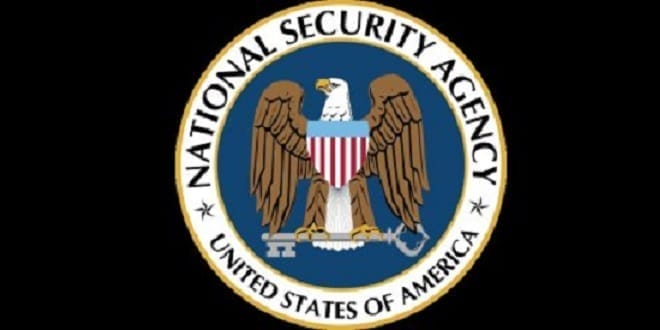A federal judge has ordered the NSA to stop collecting phone records of two plaintiffs, affirming his previous ruling that the NSA bulk collection of phone records is unconstitutional. Back in December of 2013, Judge Richard Leon found that the NSA program violated the plaintiff's Fourth Amendment rights which prohibits unreasonable searches. An appeals court however sent the case back down after deciding that the plaintiffs did not have standing to sue.
The current standing doctrine prohibits people from bringing a lawsuit against the government unless they are harmed by the government's action. Many cases challenging the constitutionality of the NSA's mass surveillance have been thrown out by the courts due to a lack of standing, because the plaintiff's could not prove they were being targeted for surveillance. In this case, the appeals court decided that the plaintiffs did not have standing because they were Verizon Wireless customers, not Verizon Business Network Services (VBNS) customers, and only VBNS has been publicly acknowledged by the US government as participating in the program.
That wasn't the end of the story however. The plaintiff amended the complaint and added two more plaintiffs, J.J. Little and his firm J.J. Little & Associates, P.C., both of which are VBNS customers. Judge Leon found that the new plaintiffs did have standing to sue the NSA. He ordered an injunction prohibiting the NSA from collecting any more of their records. He also ordered that any of their records which have already been collected must be segregated so they can not be accessed by database queries. This injunction only benefits the Little plaintiffs, but should have some persuasive influence in future and ongoing cases.
The judge noted that the collection of phone records is expected to end in 20 days as mandated by the USA Freedom Act, but even temporary loss of constitutional rights is unacceptable.
Because “[i]t has long been established that the loss of constitutional freedoms, ‘for even minimal periods of time, unquestionably constitutes irreparable injury,’” the Little plaintiffs have adequately demonstrated irreparable injury. As such, it makes no difference that this violation now has a foreseeable end.
Is this case a victory against mass surveillance, or meaningless because the collection of phone records will end in 20 days? Leave your comments below.







